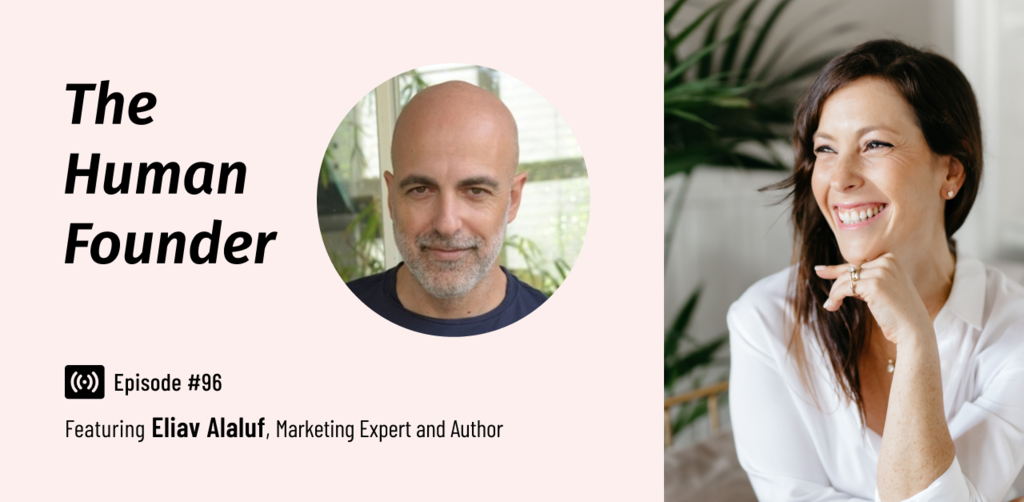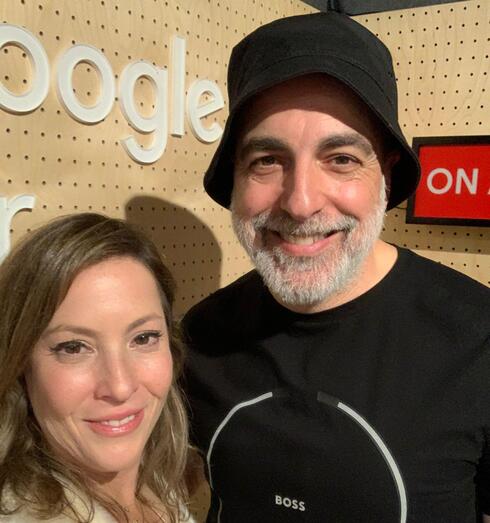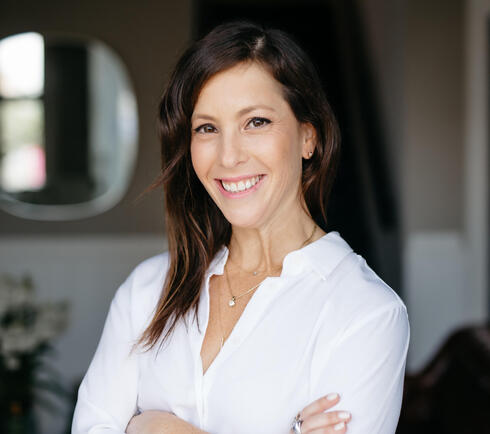
The Human Founder
The power of authentic storytelling for founders
As part of her day job, Executive Coach Gali Bloch Liran helps founders, CEOs, and investors develop the right skills and mentality. Her podcast takes us through the roller coaster of vulnerability, humanity, and the personalities of these "top dogs" of business and tech
Being a founder, not to mention a CEO, can be a very lonely place, carrying loads of stress and requiring constant peak performance. This often makes it hard to find a balance between one's professional and personal life. Maintaining strong relationships with the co-founders and investors is also not an easy task, where clarity and empathy are not always present. As one of my entrepreneurs says: “It’s not the technological challenge we deal with, it’s the mental one.”
“Throughout my +15 years as a professional, I've always been attracted to the intersection of business and psychology through entrepreneurship - What makes people tick? How do people think and act? And what motivates people in business? What drives me is being there for the amazing entrepreneurs, who are under constant pressure, so that they can make our world a better place. That’s what I’m here for, and this is my podcast – The Human Founder.”
“I do appreciate what I have achieved so far, but I think that my best projects are ahead of me. I believe in continuous learning - the more you know, the more you can give. And I think meaning doesn’t come from what you have or receive but from what you give to others.”
10 years ago, Eliav’s class organized a reunion event, but he didn't go. He shared about feeling like he wasn't good enough and not being where he wanted to be in life at that point.
I (Gali) think it’s something we can all relate to. Growing up with big dreams, setting goals for our future before we can actually know what it takes to achieve them, and more than all, thinking that not far from now, when we’ll be ‘real adults’, we’ll have everything figured out - a perfect life.
Growing up makes us face the gap between who we thought we would become, and who we really are now. It can evoke many difficult emotions. The reunion was that moment for Eliav - “The thought that came to my mind was: the person I was as a 17-18 year old would not consider who I am now a success.”
The question of defining ‘success’ is an inherent part of our identity within our environment - How can we make others see our success? How much do we define our success through the eyes of others? And what does success really mean?
When I asked Eliav, he answered that it depends on the context and is also different for different people, “You can also feel successful and unsuccessful at the same time.”
The main reason behind these conflicting feelings is that there’s internal success as well as external success. The question is how much meaning we give to each type, and how much we value one versus the other. It’s ok to feel both at the same time, it’s a tricky balance.
About self-marketing
Personal branding is something that makes a lot of us initially feel very uncomfortable. When I asked Eliav for the reason behind it, he answered - “Marketing is something that is not natural. Most entrepreneurs come from a scientific background - a world where there’s only one right answer. But when it comes to people, usually there’s not just one right answer - in fact, two opposite answers could be right. People from a scientific background find it puzzling.”
Another reason he stated is the belief that value resides in something physical. If we wrote a book for example, we believe the value lies in the content of the book, not in the marketing of the book. But actually, the value lies in both.
We can look at value from two different angles - functional and emotional.
“Everything also has an intangible or emotional value. The intangible part is how it fits with my identity and how it makes others feel towards me.”
The user experience that we have in Tech is more than just pressing a button - it’s much deeper: what will make the user or client feel best?
When we make other people understand and value the experience we give, it has a big effect on our fee. Sometimes the price itself is a branding move.
The power of storytelling
“I work with executives a lot; usually, they hire me to help them share their story. Usually they try to present a facade because they believe that’s what other people want to see. Part of my job is to change their mindset - to understand that no one wants to see them as perfect, they want to see what they have to give.”
He explained that to him, being authentic doesn’t mean being totally open, but to share in a strategic way.
When I asked Eliav for a final meaningful tip, he shared: “You are not the story - you’re the storyteller. It’s not about you; people only care about what you can give them - an idea, a new way to think about things, a methodology, a message, or a powerful principle - if you give me that, that’s what’s interesting.”
Gali Bloch Liran is the Founder & CEO of The Human Founder; Executive Coach & Startup Advisor; Entrepreneurship Lecturer at Reichman University; Host of The Human Founder Podcast

